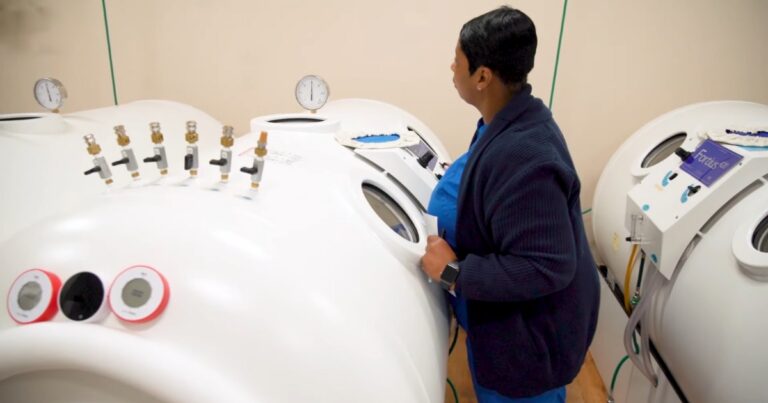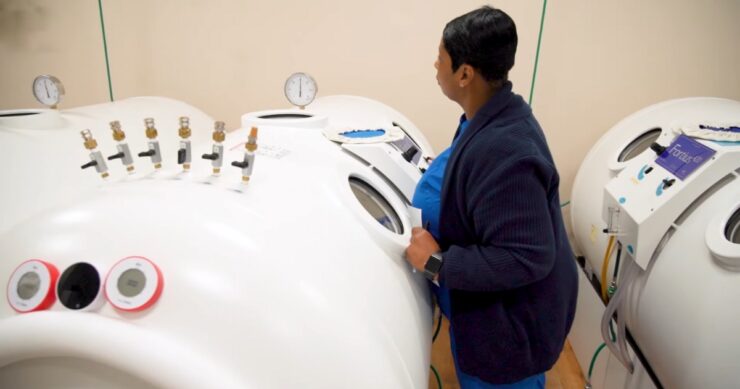The Pearson Test of English (PTE) Academic stands as a pivotal assessment for non-native English speakers aiming to engage in academic or professional pursuits in English-speaking countries. Renowned for its computer-based format and swift, unbiased results, the PTE Academic is preferred by many for its efficiency and reliability.
This blog will delve into the essentials of preparing for the PTE Academic, offering practical strategies and insights to help you not only prepare effectively but also excel with confidence.
Understand the Test Format

The PTE Academic evaluates English proficiency across four sections: Speaking and Writing (combined), Reading, and Listening. Spanning approximately three hours, this computer-based test is designed for precision and fairness in assessment.
A thorough understanding of the test format is vital. The test assesses a range of skills from interpreting written and spoken English to expressing yourself in both oral and written forms. Grasping the intricacies of question types, such as essay writing, summarizing written text, and interpreting information, and the scoring criteria, is fundamental for focused and effective preparation.
Set Clear Goals
Embarking on your PTE Academic journey begins with clear, realistic goal-setting. Identifying the score you need for specific objectives like university admissions or visa applications sets a clear target to aim for.
This score becomes a crucial motivator, directing your preparation efforts and enabling you to measure your progress. It’s not just about achieving a pass mark but reaching a score that opens doors to your desired opportunities. Therefore, setting a clear, achievable goal is not just recommended but essential for a structured and result-oriented preparation plan.
Create a Study Schedule
Constructing a detailed study schedule is a cornerstone of successful PTE Academic preparation. Allocate specific hours each day or week to focus on each section of the test. This methodical approach ensures comprehensive coverage and avoids the pitfalls of last-minute cramming.
A balanced schedule that includes time for review, PTE practice test, desire to learn more, and rest, promotes effective learning and retention. The key is consistency; sporadic studying can lead to gaps in knowledge and skills. Ensure your schedule is realistic and maintainable, accommodating your other responsibilities while providing ample time for focused study.
Familiarize Yourself with the Test Content

Deep knowledge of the test content is a major advantage. Each section of the PTE Academic, from speaking to listening, has its unique set of challenges and question types. For instance, the speaking section includes tasks like reading aloud, repeating sentences, describing images, and summarizing spoken text.
Being familiar with these tasks allows for targeted practice. It’s not just about understanding the content but also about getting accustomed to the test’s digital format. Practice using similar software and tools as those used in the actual test to build comfort and efficiency.
Practice Regularly
Consistent practice using official or reputable PTE Academic materials is indispensable. Familiarity with the test format and question styles through repeated exposure is crucial for building confidence and competence.
Regular practice, especially under timed conditions, sharpens your skills in answering accurately and efficiently. This is particularly important for sections like reading and listening, where time management is key. Incorporating a variety of practice materials, including sample questions, practice tests, and language exercises, ensures a well-rounded preparation.
Improve Time Management
Effective time management skills are vital for excelling in the PTE Academic. It’s not just about answering correctly but doing so within the allotted time. Practice dividing your time strategically across questions, ensuring you complete each section without haste or undue stress.
For instance, in the reading section, learn to quickly identify key information in passages. Time management also includes knowing when to move on from a difficult question. Developing these skills requires practice under timed conditions, simulating the real test environment. This approach helps in building a natural rhythm and pace, essential for a smooth and successful test experience.
Enhance Listening Skills
Improving listening skills is crucial for the PTE Academic, especially given the diversity of accents and speeds in the listening section. Regular exposure to English in various contexts, such as news, podcasts, and movies, can greatly enhance your ability to understand and interpret different accents and speech patterns.
Focus on active listening – paying close attention, taking notes, and summarizing spoken information. This practice not only aids in the listening section but also benefits other parts of the test where comprehension and interpretation of spoken English are required.
Develop Reading Strategies

Effective reading strategies are key to mastering the reading section. This involves not just understanding the content but also quickly identifying the main idea, tone, and structure of the text.
Regular practice with diverse reading materials, like academic articles, newspapers, and magazines, can significantly improve your speed and comprehension. Learn to skim for general understanding and scan for specific information. These skills help in efficiently tackling different types of questions in the reading section, from multiple-choice to reordering paragraphs.
Hone Speaking and Writing Abilities
For the speaking and writing sections, fluency and coherence are as important as grammatical accuracy. Practice speaking English regularly to enhance fluency and confidence. Record yourself to identify areas for improvement.
In writing, focus on organizing your thoughts clearly and coherently. Practice writing essays and summaries, paying attention to structure, vocabulary, and grammar. Getting feedback from teachers or using language tools can provide valuable insights into your writing strengths and weaknesses.
Test Day Tips
On the test day, being well-prepared can significantly boost your performance. Arrive early to avoid last-minute stress. Ensure you’re familiar with the test center’s layout and procedures. During the test, stay calm and focused. If you’re stuck on a question, move on and return to it if time permits. Remember, a calm and composed mindset is crucial for optimal performance.
Post-Exam Analysis

After the test, reflect on your performance. Identifying your strengths and weaknesses is essential for continuous improvement. If you plan to retake the test, analyzing your previous attempt can guide your future preparation. Review each section, noting where you excelled and where you struggled. This analysis helps in tailoring your study plan for better results in future attempts.
Conclusion
In conclusion, success in the PTE Academic requires a well-rounded preparation strategy. Understanding the test format, setting clear goals, creating a structured study plan, and regular practice are key.
Focusing on each skill area – listening, reading, speaking, and writing – and managing your time effectively during the test are crucial. Remember, consistent practice and a positive mindset can significantly enhance your chances of achieving your desired score. Good luck!
Related Posts:
- Wallpapers and Their Role in Interior Design A Guide…
- Portability in Estate Planning: Understanding the…
- Catering Equipment Maintenance Tips: Prolonging the…
- How to Make Olive Oil: A Beginner's Guide with 5 Pro Tips
- How to Serve Whisky Like Pro: Step-by-Step Guide
- What is EMS Training: Benefits and Tips for Success











